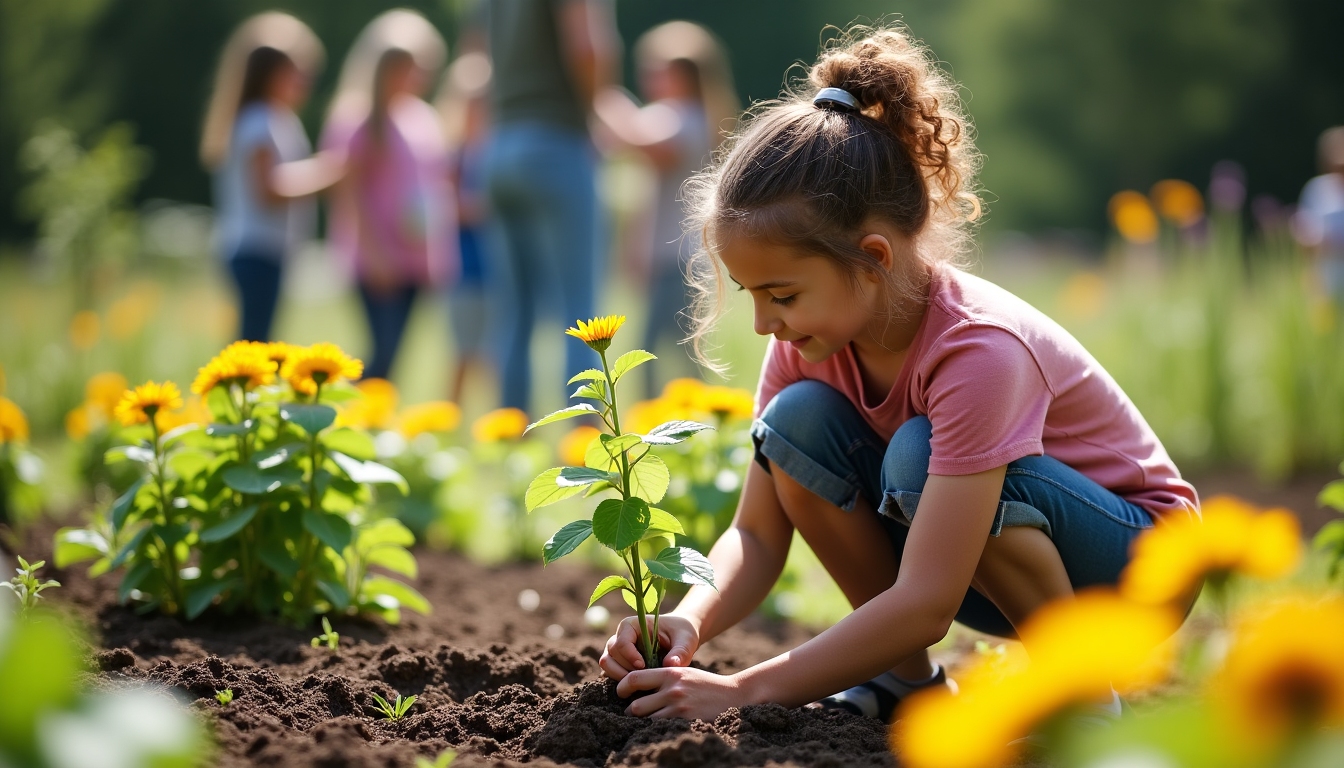Empowering Change: Youth Advocacy Volunteer Projects
By , November 28, 2024
Overview
Youth advocacy volunteer projects are empowering initiatives where young voices take the forefront in effecting community change. Discover how volunteering in advocacy drives social impact and develops crucial skills.
What Are Youth Advocacy Volunteer Projects?
Youth advocacy volunteer projects are initiatives where young people actively engage in advocating for causes important to them and their communities. These projects often focus on issues such as climate change, education reform, mental health awareness, and social justice. Volunteering in these projects promotes personal growth while benefiting society.
The Power of Youth Advocacy
Engaging in youth advocacy volunteer projects fosters a sense of purpose among young individuals. It enables them to harness their creativity, passion, and energy towards meaningful causes. The collaborative nature of these projects also enhances teamwork and leadership skills, preparing youth for future challenges.

Key Skills Developed Through Youth Advocacy
- Communication: Effective advocacy requires clear communication. Young volunteers learn to articulate their thoughts and persuade others.
- Collaboration: Projects often involve teamwork, fostering cooperation among diverse groups.
- Critical Thinking: Volunteers analyze issues deeply, considering all perspectives before forming solutions.
- Empathy: Understanding different viewpoints is vital in advocacy, promoting empathy and compassion.
Personal Insights: Why I Got Involved
Growing up, I was always passionate about the environment. Joining a youth advocacy volunteer project on climate action allowed me to channel my concerns into tangible action. I met like-minded peers who became lifelong friends, and together we organized events that raised awareness in our community.

How to Get Involved
Participating in youth advocacy is easier than you think. Here's how you can get started:
- Identify Your Passion: What cause are you passionate about?
- Research Opportunities: Look for organizations or groups within your area that align with your interest.
- Volunteer for Events: Participate in workshops, awareness campaigns, or fundraising events.
- Start a Project: If you can't find a cause, consider starting your own initiative.
The Impact of Advocacy Projects
Youth advocacy volunteer projects not only benefit society but also the volunteers themselves. By contributing their time and energy, young advocates see the real-world impact of their efforts, which is immensely rewarding. Such experiences also enhance their resumes, providing them with real-life skills that are invaluable in further education and career paths.

Challenges Encountered
Despite their benefits, youth advocacy projects come with challenges: - Resource Limitations: Many projects operate on tight budgets. - Maintaining Motivation: Sustaining volunteer enthusiasm over time can be difficult. - Navigating Disagreements: Conflicting opinions can arise but offer learning opportunities for resolving differences.
Overcoming Challenges
- Leverage Community Support: Seek help from local businesses or government resources.
- Foster Inclusivity: Encourage open discussion and respect diverse viewpoints to maintain group harmony.
- Utilize Digital Platforms: Engaging with social media can help recruit more volunteers and raise awareness effectively.

Summary
Participating in youth advocacy volunteer projects is a transformative experience for young individuals. It not only builds skills but also fosters a sense of responsibility and leadership. By addressing challenges and embracing the power of collective action, young advocates create positive change that echoes across their communities, fostering a better, more equitable future for all.